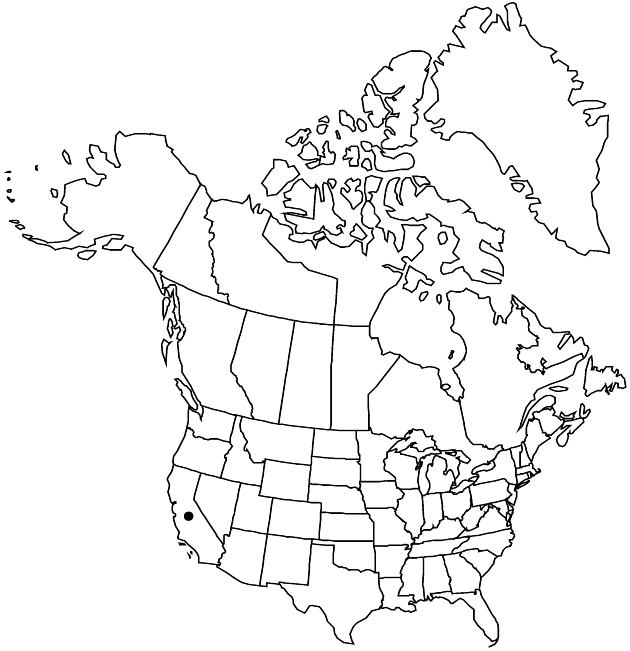Difference between revisions of "Dimorphotheca pluvialis"
Methodus, 585. 1794.
FNA>Volume Importer |
FNA>Volume Importer |
||
| Line 10: | Line 10: | ||
|name=Calendula pluvialis | |name=Calendula pluvialis | ||
|authority=Linnaeus | |authority=Linnaeus | ||
| + | |rank=species | ||
|publication_title=Sp. Pl. | |publication_title=Sp. Pl. | ||
|publication_place=2: 921. 1753 | |publication_place=2: 921. 1753 | ||
| Line 37: | Line 38: | ||
-->{{#Taxon: | -->{{#Taxon: | ||
name=Dimorphotheca pluvialis | name=Dimorphotheca pluvialis | ||
| − | |||
|authority=(Linnaeus) Moench | |authority=(Linnaeus) Moench | ||
|rank=species | |rank=species | ||
| Line 53: | Line 53: | ||
|publication year=1794 | |publication year=1794 | ||
|special status= | |special status= | ||
| − | |source xml=https://jpend@bitbucket.org/aafc-mbb/fna-data-curation.git/src/ | + | |source xml=https://jpend@bitbucket.org/aafc-mbb/fna-data-curation.git/src/eaa6e58056e40c9ef614d8f47aea294977a1a5e9/coarse_grained_fna_xml/V19-20-21/V19_617.xml |
|tribe=Asteraceae tribe Calenduleae | |tribe=Asteraceae tribe Calenduleae | ||
|genus=Dimorphotheca | |genus=Dimorphotheca | ||
Revision as of 19:20, 16 December 2019
Annuals, 5–20(–40+) cm. Leaf blades narrowly oblong or oblanceolate to linear, 15–50(–100+) × 3–15(–25+) mm, margins usually dentate to pinnatifid, sometimes entire. Peduncles (3–)5–12+ cm. Phyllaries 6–12+ mm. Ray corolla laminae abaxially white to ochroleucous or yellowish (often marked with blue to purple), adaxially mostly whitish (often blue to purplish at bases and/or apices), 20–30+ mm. Disc florets 30–50+; corollas whitish to yellowish, usually bluish to purplish distally, 4–6 mm (lobe apices acute, terete, or dilated). Ray cypselae 4–6 mm; disc cypselae 6–8 mm. 2n = 18.
Phenology: Flowering Mar–Apr.
Habitat: Disturbed places
Elevation: 0–100 m
Distribution

Calif., South Africa.
Discussion
Plants with “intermediate” ray-corolla colors have been treated as hybrids between Dimorphotheca pluvialis and D. sinuata (e.g., N. T. Norlindh 1943).
Selected References
None.